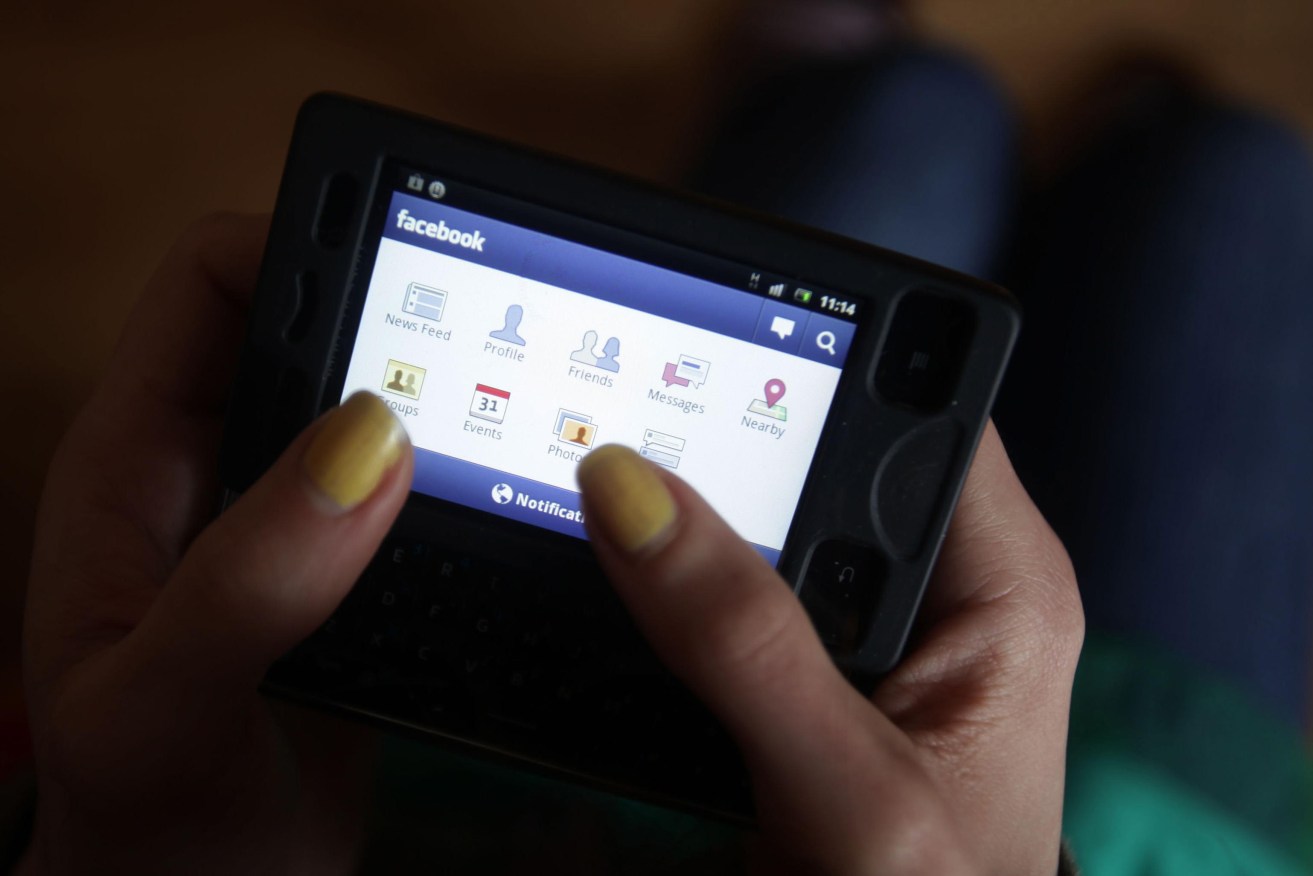Australia’s epidemic of sleeplessness worsens: study
The poor sleep habits of Australians have worsened, a major study has found, and our addiction to electronic devices could be to blame.

There's a clear link between pre-bedtime internet use and sleep problems. Photo: Yui Mok/PA Wire
Research conducted by the Sleep Foundation and the University of Adelaide has found 33 to 45 per cent of adults sleep either poorly or not long enough most nights, leaving them fatigued, irritable and in danger.
Dr David Hillman, the Sleep Foundation’s director, says Australia is in the midst of a “sleepiness epidemic” and our addiction with the internet is to blame.
The 2016 Sleep Healthy Survey of Australian Adults, released on Wednesday, showed 44 per cent of adults use the internet just before bed almost every night.
Just under 60 per cent of these late night web surfers reported more than two sleep problems.
“This is no coincidence,” said Hillman.
Alarmingly, 29 per cent of adults said they drove while feeling drowsy at least once a month, and 20 per cent nodded off at the wheel at some time.
Women found it significantly harder to fall asleep and were hardest hit by insomnia, while men were more likely to suffer from obstructive sleep apnoea.
Compared to the 2010 survey, the nation’s sleep problems were five to 10 per cent worse.
Sleep is not a waste of time and a cohesive national strategy is needed to turn around these “dire” statistics, Hillman said.
“These worrying results just go to show that sleep is not the national health priority it needs to be.
“The truth is that people who cut corners with their sleep function below their best. They are not as mentally sharp, as vigilant, as attentive or as patient as they would otherwise be.
“Accident risk goes up, workplace performance goes down and your mood, your heart and your blood pressure can all be affected.”
Sleep study: the key findings
- 33-45 per cent affected by inadequate sleep, of either duration or quality
- Average reported sleep time is seven hours, 12 per cent sleep less than five-and-a-half hours and eight per cent over nine hours.
- 75 per cent of those who sleep less than five-and-a-half hours report frequent daytime impairment or sleep-related symptoms.
- 24 per cent of men report frequent, loud snoring and 17 per cent of women.
- 29 per cent report making errors at work due to sleepiness or sleep problems within three months of the survey.
- Almost a third of adults drive when drowsy at least every month, and one in five nodded off while driving.
- 44 per cent of adults (47 per cent women, 40 per cent men) are on the internet just before bed almost every night.
– with AAP




